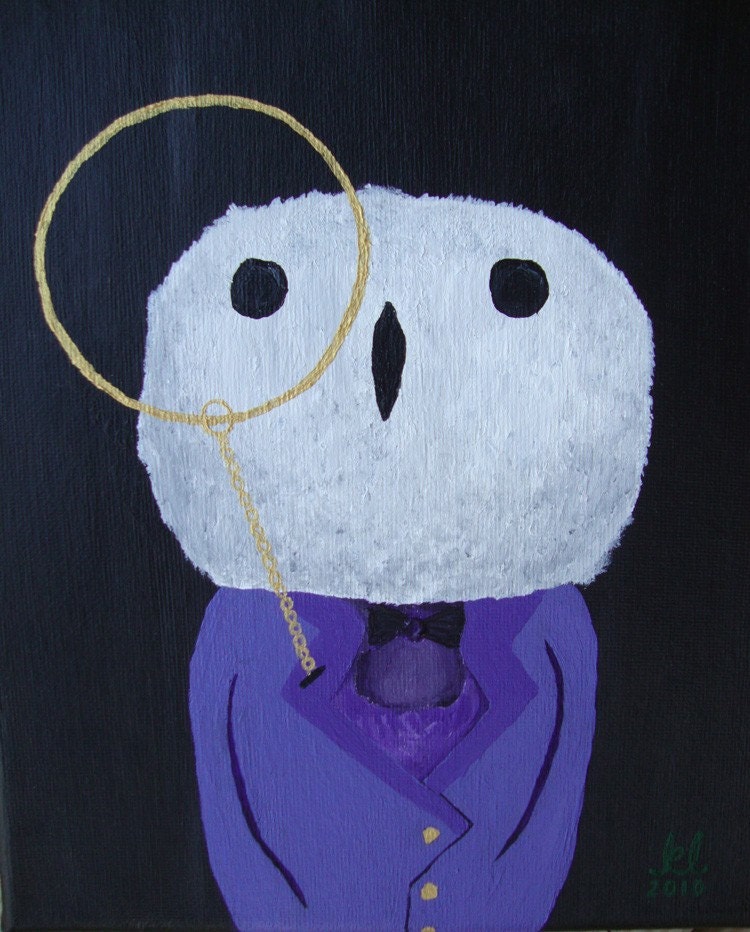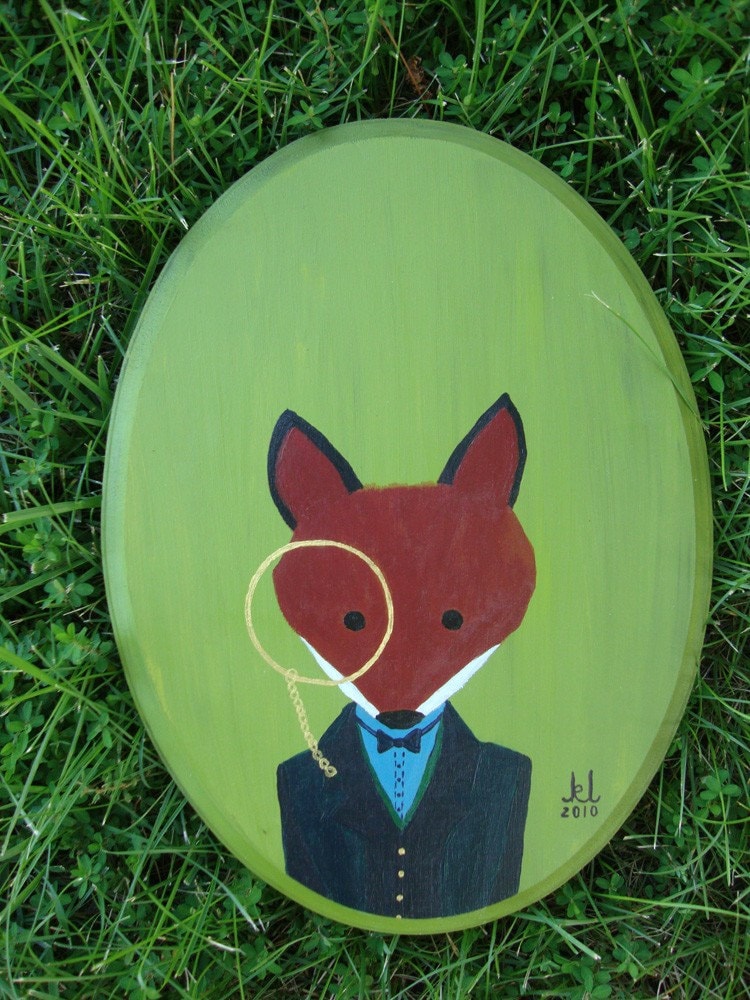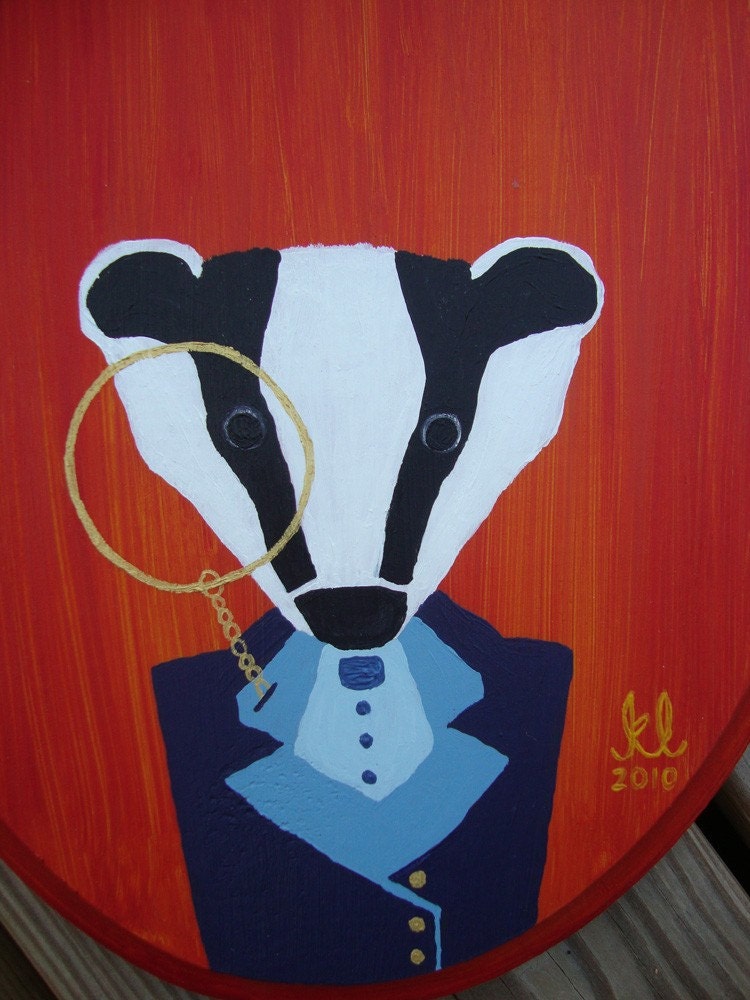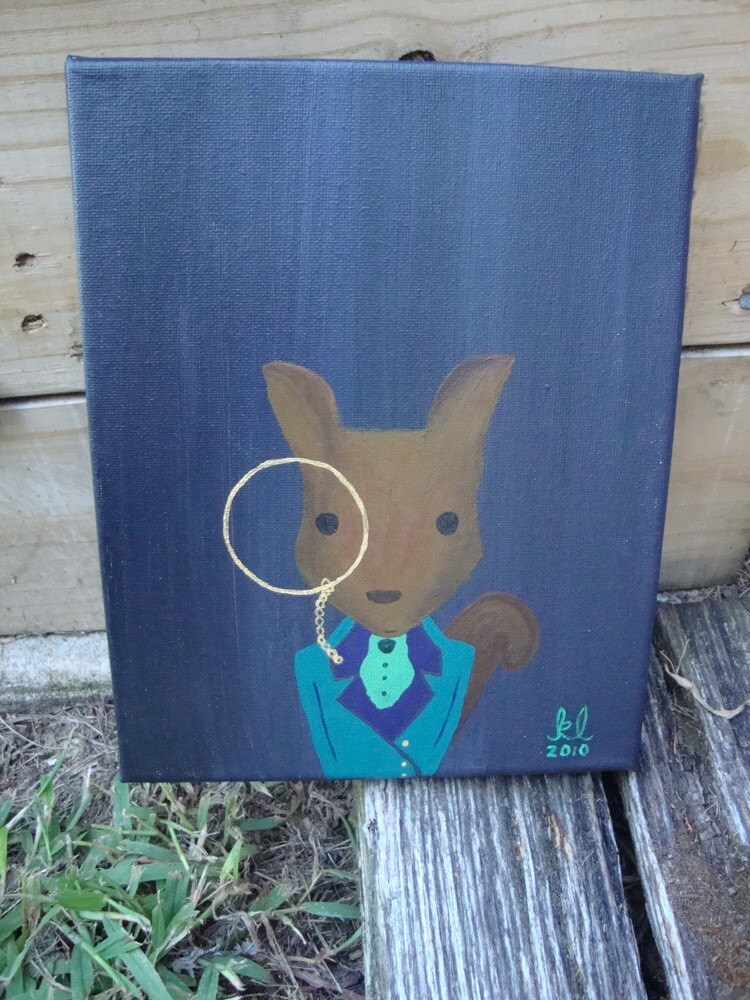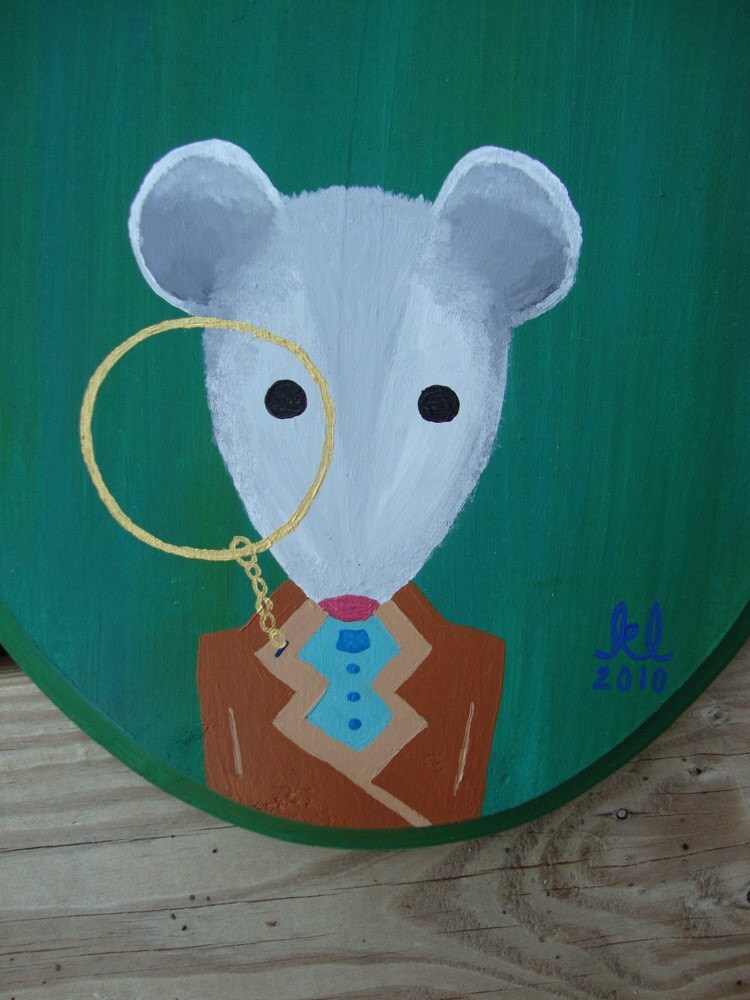 I'd like to find a needlepoint pillow, one of those old-school, here's a moral kind of pillows, only instead of "be nice" or "have patience" or whatever is usual, I want mine to say: daydream the book. In fact, I should write that on my forehead every morning, backwards, so that I read it every time I pass a mirror.
I'd like to find a needlepoint pillow, one of those old-school, here's a moral kind of pillows, only instead of "be nice" or "have patience" or whatever is usual, I want mine to say: daydream the book. In fact, I should write that on my forehead every morning, backwards, so that I read it every time I pass a mirror..
Daydream the book, daydream the book, daydream the book...
.
Daydreaming. More important than merely getting my time in. Nope, to get these books written, I've learned that I need a significant amount of plain old stare-off-into-space daydreaming time. Even when--especially when--I'm away from my desk.
.
That sounds a little strange, because at the start of a new project, the daydreaming takes care of itself. Even when I'm not technically working, I'm mulling over conversations between the characters, exploring the settings in my mind, considering the point of view.
.
These are sweet and wonderful days, though they must be maddening for anyone who wants me to do anything useful. I sit in a trance over meals, through trips, on the fringes of conversations: half here, half in the book. When it's time to write, everything comes pouring out on the page. It's all there, deeply dreamed, rich, full.
.
But as the project goes on, life happens. I get concerned about other things--sweeped into the large and small dramas that happen every day. And I've learned that my brain is a kind of fiction mill--it has to be spinning narratives. Always.
.
If I'm not thinking about the book, not dreaming it up, then I'm working on something else: I'm coming up with the dialogue I should have said yesterday, or last week, or five years ago. I'm running through my plans for next week--imagining places before I see them, working through my days as if I were planning scenes, rehearsing them.
.
It's weird to realize you've been seeing your life in paragraph form, full of quotation marks and elipses and chapter titles. My brain likes novels. It will crank them out one way or another.
.
Trouble is, if I've finally gotten down on my mind's pages exactly how that conversation should have gone, that one I had last Saturday, and then I sit down at my desk to work on my novel... all I have in my brain is my own dialogue dreams, and the only chapter I see is "How Saturday Should Have Gone." And nothing with my characters, their settings, their problems.
.
In fact, the characters are all very quiet, forlorn, possibly emaciated. They haven't been fed in a very long time, and they're muttering at me. The dangerous antagonists sharpen their knives.
.
It's taken me a while to realize this, but now I'm on the lookout. If I catch myself reworking an old conversation so that it flows perfectly, I shake myself (let's move on!!) and immerse my crazy brain in the world of my novel instead.
.
It's a subtle sort of trick, I suppose, correcting what the brain does with its free time. And yet...
.
During two ill-fated years of softball, and a few more taking tennis lessons, I heard over and over that where you look is where the ball goes. Or, on the other side, if you "keep your eye on the ball" as it comes toward you, it connects with the bat, the glove, the racket.
.
My own eye-hand coordination experiences aside, this isn't bad advice. There's nothing subtle about not-quite-watching a softball and then getting smacked in the forehead with it. That's a very motivating experience to stay focused.
.
So I guess that's the round-about lesson I learned about daydreaming: it's how I keep the novel in my vision, even when life is spinning faster, even when I'm in the outfield and everything's a blur. I try to keep it in focus.
.
I daydream my book, all the time.























